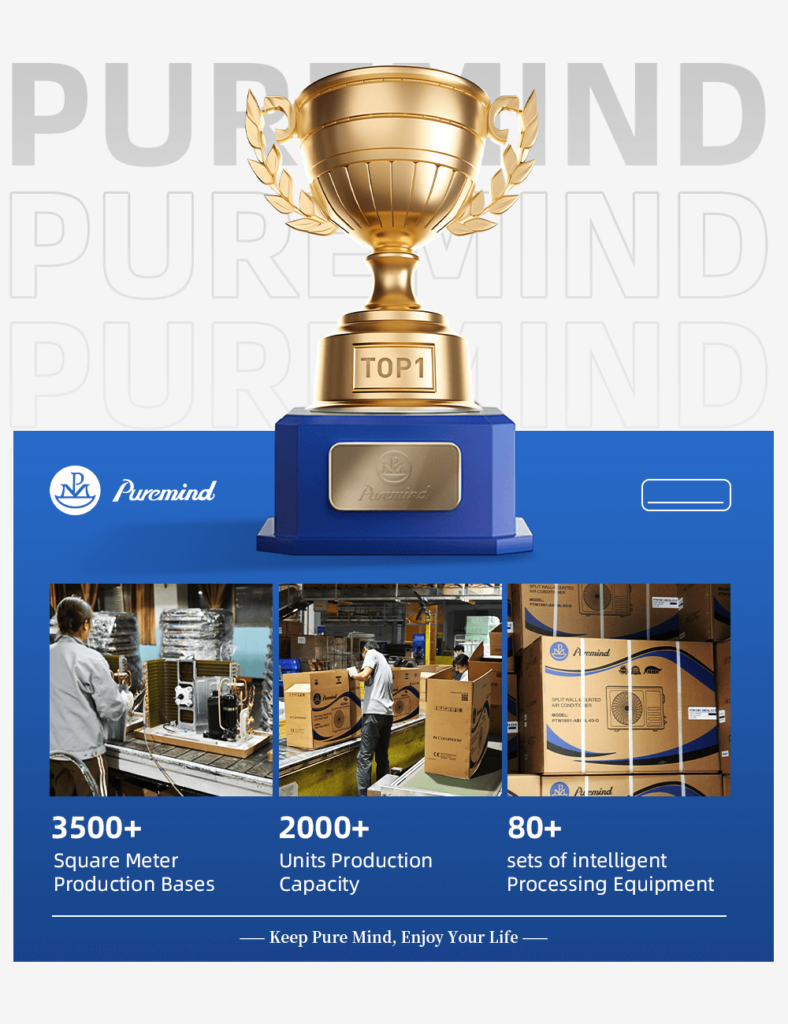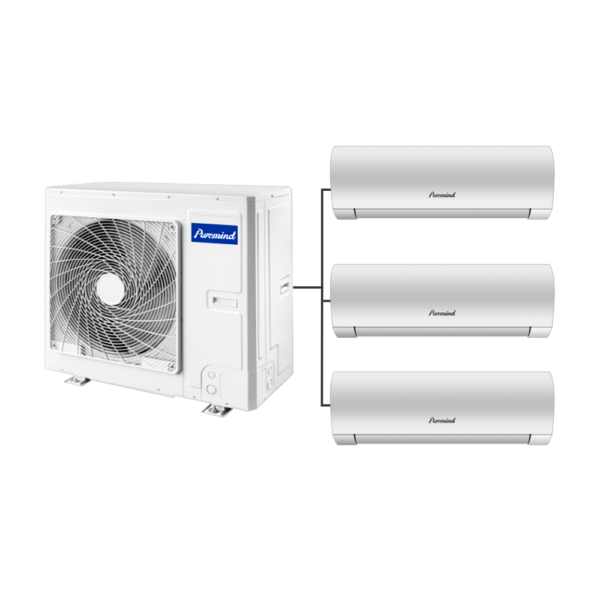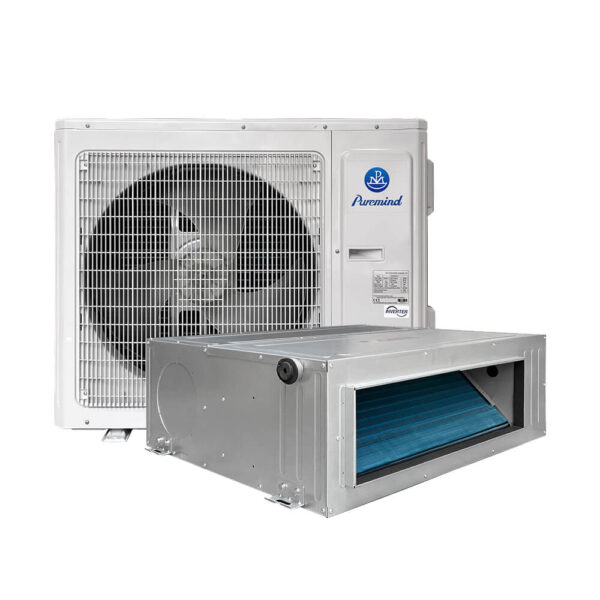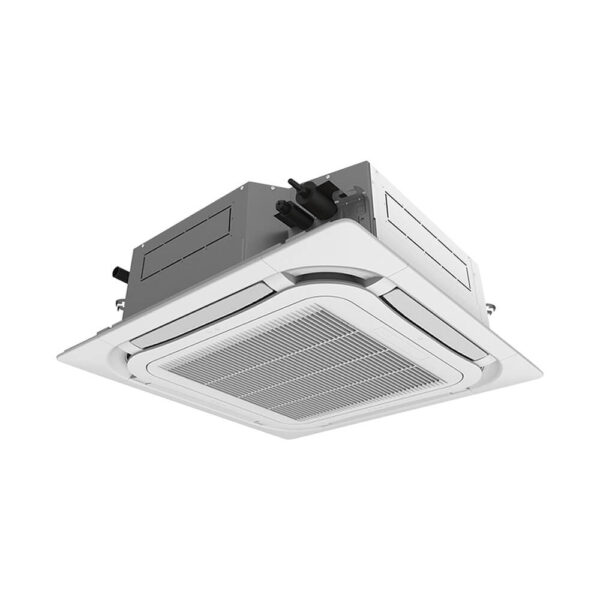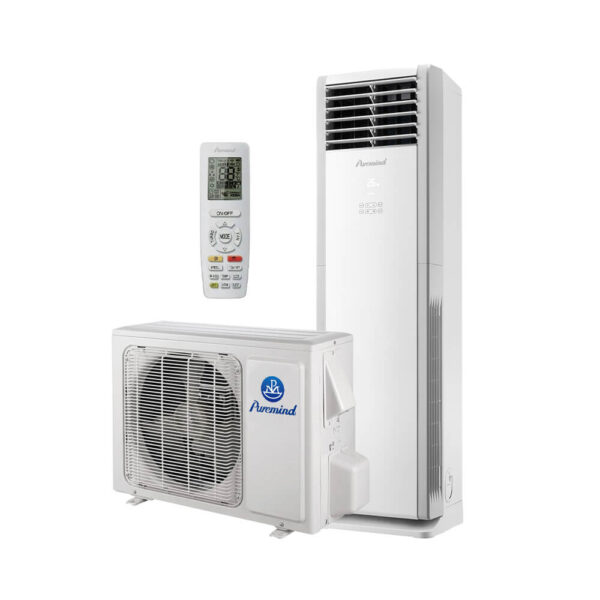Major HVAC Manufacturers: Industry Leaders Shaping the Future of Climate Control
The HVAC (Heating, Ventilation, and Air Conditioning) industry is the backbone of indoor comfort, energy efficiency, and air quality management across the globe. Major HVAC manufacturers are driving technological advancements and sustainable solutions, ensuring that homes, offices, and industrial facilities meet modern comfort standards while reducing environmental impact. This article explores the leading players, their specialties, and the trends shaping the industry’s future.
1. The Role of Major HVAC Manufacturers
These manufacturers are not only suppliers of heating and cooling systems; they are innovators shaping the way we live and work. Their responsibilities extend beyond production to include research, engineering, compliance with environmental regulations, and customer support.
Key Contributions
- Developing energy-efficient and eco-friendly climate control technologies
- Setting quality and safety benchmarks for the industry
- Expanding global accessibility to HVAC solutions
- Supporting the transition to smart, connected systems
2. Top Major HVAC Manufacturers Worldwide
Carrier Global Corporation
Founded in 1915, Carrier pioneered modern air conditioning technology. Today, it offers a wide range of products for residential, commercial, and industrial applications, focusing on energy efficiency and sustainability.
Daikin Industries Ltd.
Based in Osaka, Japan, Daikin is among the world’s largest HVAC manufacturers, known for its advanced inverter systems, heat pumps, and eco-friendly refrigerants. Its innovations have set global standards for performance and efficiency.
Trane Technologies
Trane provides high-performance heating and cooling systems with a strong emphasis on sustainable solutions. Its equipment is used in everything from small offices to large industrial facilities.
Gree Electric Appliances
As the world’s largest residential air conditioner manufacturer, Gree offers a full portfolio of HVAC products, including split air conditioners. Gree’s R&D-driven approach ensures competitive, high-quality solutions for various markets.
Midea Group
Midea is a global HVAC player offering cost-effective and energy-efficient systems. Its product range covers residential, commercial, and specialty applications, making it a preferred partner for distributors worldwide.
Lennox International
Based in Texas, USA, Lennox focuses on delivering high-efficiency solutions, particularly in the residential and light commercial segments.
Mitsubishi Electric
Mitsubishi Electric is renowned for its precision engineering and advanced VRF (Variable Refrigerant Flow) systems, ideal for large-scale commercial projects.
3. Key Industry Trends Among Major HVAC Manufacturers
- Energy Efficiency: Rising global energy costs are pushing manufacturers to produce systems with higher SEER ratings.
- Smart Integration: IoT-enabled HVAC units allow remote monitoring, predictive maintenance, and enhanced control.
- Sustainable Practices: Adoption of low-GWP refrigerants and environmentally responsible manufacturing processes.
- Market Customization: Climate-specific solutions tailored to regional needs.
4. How Distributors Can Choose the Right Major HVAC Manufacturer
For wholesalers, suppliers, and distributors, selecting the right manufacturer is a strategic decision. The right partnership can enhance product offerings, brand credibility, and customer satisfaction.
Key Factors to Consider
- Reputation and industry experience
- Range and quality of products
- Compliance with local and international standards
- Availability of spare parts and after-sales support
- Pricing strategy and delivery timelines
5. The Future Outlook for Major HVAC Manufacturers
The HVAC industry is expected to grow steadily in the coming decade, fueled by urbanization, climate change, and the need for energy-efficient buildings. Major manufacturers are likely to invest heavily in smart technologies, automation, and eco-friendly systems to stay competitive.
Conclusion
Major HVAC manufacturers are not just suppliers—they are innovators shaping the future of climate control. By understanding their strengths, strategies, and market positions, wholesalers, suppliers, and distributors can align with industry leaders to drive business growth and meet the evolving demands of customers worldwide.
